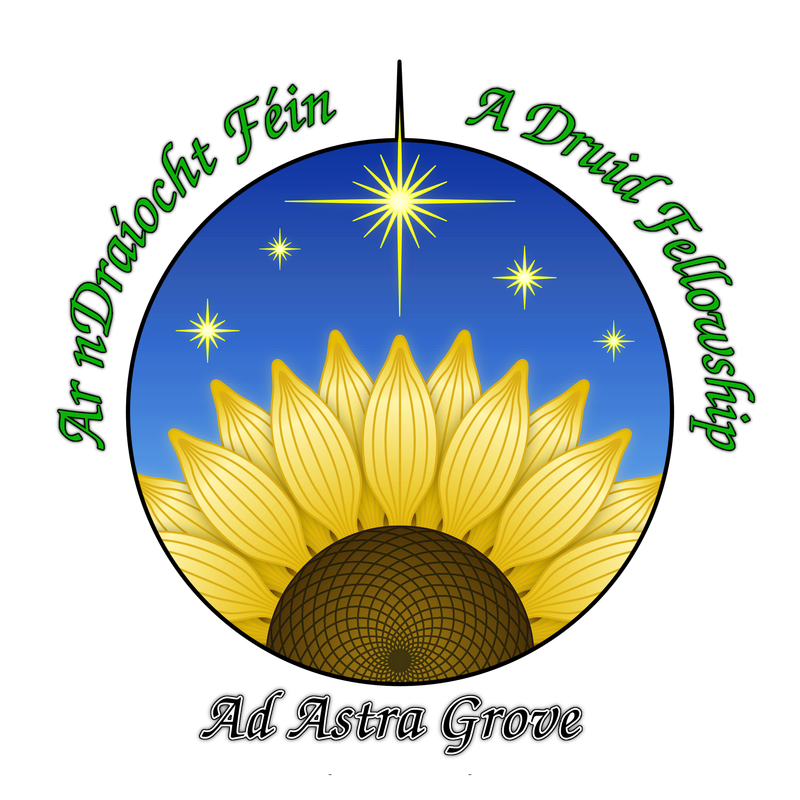I am currently active in the Interfaith of Topeka, and I find this an interesting question, mostly because it was very hard for me to answer at first. What do I get from being involved? It isn’t more acceptance of Druidry as a religion, because those who attend would probably be fine with me calling Druidry a religion. Those who disagreed with me using those terms for my faith left a long time ago. I don’t get recognition within the community (either Pagan or general) for my once a month time spent with a group of mostly Christians. So, what do I get?
I think for me, Interfaith activities allow me a chance to share my experiences of my Gods while listening to how others interact with theirs. I like the conversation and the company. Where else in Topeka can I sit face to face with a Mormon, a Jew, a Protestant Christian, an Atheist, a Muslim and a Wiccan and have an extremely lively and civil conversation? This doesn’t mean we agree with each other, or don’t on occasion get offended, but we listen to each other. We respect and accept what people are saying as honest and heartfelt, even if it does not fit neatly into our worldview.
The thing that I don’t get from Interfaith is contact with some of the more conservative versions of (cough-Christian-cough) religious faith. These are the faiths that for whatever reason are scared to even sit at a table with people like me. These are the ones who see my pentacle and get an antsy look in their eyes; that somehow the action of sitting across a table to discuss our different faiths with respect and civility might somehow taint them, or make my faith somehow more legitimate. Of course, I would argue that my faith is legitimate with or without their approval. Have I ever told you how much I love the first amendment?
I grew up in one of these types of churches. I was raised with the idea that we couldn’t even visit other types of Christian churches, especially if they were one of those mainline ones, because they were not “real” Christians. They were deluded somehow and not quite reading the Bible correctly, or following the Spirit, or maybe even secretly or unbeknownst to them serving Satan. Fear ran high in that church. There were demons everywhere waiting to pounce and tear a good Christian down. I can’t remember how many times I was “saved,” because I was never sure if it had taken or not. It was constantly thrown in my face that I needed saving, because I must be backsliding. I was a teenager after all. Talk about a weak God, let alone faith. Today, the more conspiracy-prone side of me feels that this was more about power than any real theology.
For a long time I thought most Christians were of this ilk; afraid of their own shadows. This is something that Interfaith has given me, a chance to see that there are those out there who walk their faith humbly and without paralyzing fear of the other, and who can talk to another human being of a different religion without the need to convert, or burn. It doesn’t mean that they agree with me on how I view deity, sin, and everything else that their faith is about. It also doesn’t mean that I agree with them on who Jesus was/is or who Zeus was/is, but we can at least share space in peace.


 RSS Feed
RSS Feed
